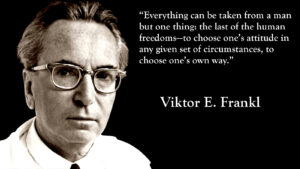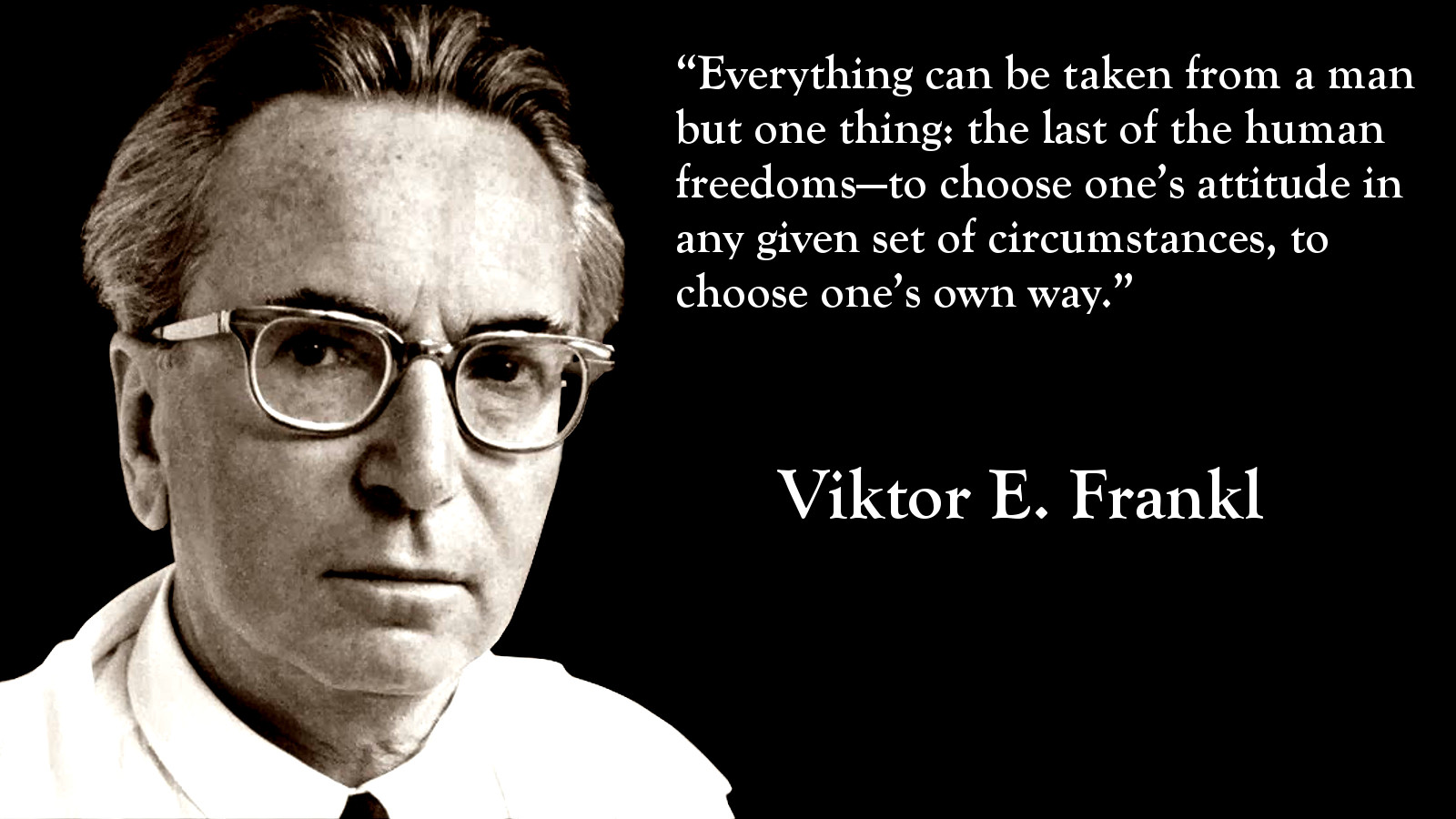The Longevity Revolution
Amongst all the revolutions that have taken place in the past century, none are perhaps as significant as the ‘Longevity Revolution’.
Ageing is capturing the attention of the Western World, but not in a good way. The doubling of the ageing population is often referred to as the grey tsunami and all that is implied by that metaphor – destruction and devastation.
On an average today we are living thirty four years longer than our great grandparents did. Can you just imagine that! That’s an entire 2nd adult lifetime that has been added to our lifespan.
Despite this massive change that has occurred, our culture has not come to terms with what this means.
Jane Fonda, an activist throughout her life, has more recently researched and spoken about the Third Act saying:
We’re still living with the old paradigm of age as an arch. That’s the metaphor, the old metaphor. You’re born, you peak at midlife and decline into decrepitude. Age as pathology.
But TODAY, many – philosophers, artists, doctors, scientists.. Are taking a new look at this so called “The 3rd Act” i.e. the last three decades of life. The world has woken up to the fact that this is actually a developmental stage of life with its own Significance. It is as different from mid-life as adolescence is from childhood. And we should all be asking ourselves – How Do We Use This Time? How Do We Live It Successfully? What is the new metaphor for ageing which fits in?
After some great reading and research I have come across that a more appropriate metaphor for is .. A Staircase.. The upward ascension of human spirit, bringing us into wisdom, wholeness and authenticity. Age, not as a pathology but as a Potential.
This period of ageing has now been divided into two parts. The third act offers unique opportunities for reinvention and renaissance. It is promoted as an exciting time full of possibilities.
Unexpectedly, It turns out that most people over 50 feel better, are less stressed, less hostile and less anxious. We tend to see commonalities more than the differences. Some studies suggests, we are happier.
As I am approaching my own life’s third act, I realise I am quite content. I have such a powerful feeling of well being. You realise you are still yourself, perhaps even more so.
Obviously there is no guarantee that it can be a time of great fruition and growth. Sometimes it is a matter of luck, sometimes it is genetic. In fact 1/3rd of it is genetic and there is nothing much we can do about it on that front. But that leaves 2/3rd of how well we do in the third act. We can do something about it and the onus is on ourselves. What we can do to make these added years really successful. And use them to make a difference.
As we all know the entire universe operates on a universal Law of Entropy – the 2nd law of thermodynamics The longer we live the more likely we are to face some of the challenges of an ageing body. This is often called the fourth age – a time of decrepitude and despair. Not surprisingly, most of us don’t want to think about entering the fourth age. Entropy means that everything in the world is in a state of decline and decay.
There is only one exception to this Universal Law, and that is the Human Spririt, which can continue to Evolve upwards bringing us into wholeness, authenticity and wisdom – to unlock our true potential. This upward ascension can happen even in the face of extreme physical challenges.
Neil Selinger, a retired lawyer turned writer says ‘Disease Made Him a Better Writer’ In an article he wrote “As I slowly lost my speech, I gained my voice. As I diminished, I grew. As I lost so much, I finally started to find myself.”
All of us are born with Spirit, but sometimes it gets bogged down beneath the challenges of life, violence, abuse, neglect. Epigenetic’s play a role too. We carry our parent’s depression and suffering. Perhaps we still suffer from psychic pain. Some of our relationships have encountered problems and we can feel unfinished. Perhaps the task of the third act is to finish up the task of finishing ourselves.
But in order to know where you are going, you need to know where you had been, You need to do your ‘Life’s Review’. It can give new significance and clarity and meaning – a new perspective.
You can free yourself from your past burden. You can work to change your relationship to your past.
Viktor Emil Frankl was an Austrian neurologist, psychiatrist, philosopher, author, and Holocaust survivor. In his book ‘Man’s search for meaning’ he writes

This is what determines the quality of the life we have lived; not whether we’ve been rich or poor, famous or unknown, healthy or suffering. What determines our quality of life is how we relate to our realities. What kind of meaning and what kind of attitude we cling to. What state of mind we allow life’s circumstances to trigger.
The final act of our life’s purpose perhaps would be to go back and try to change our relationship to the past.
Cognitive Research shows that when we do this neuro-pathways are created in the brain. Over time if we have reacted negatively to past events & people, neuro-pathways are laid down biochemical and electrical signals that are sent through the brain. And over time these become hardwired. They become the norm.. Even if it is bad for us because it causes us stress and anxiety.
If however, we visit our past and alter and re-vision our relationship to the past people and events, neural pathways can change.If we maintain a more positive attitude than that will become the new norm.

If all of us collectively can go back and redefine ourselves and become whole; this will create a cultural shift in the world & it will give an example to the younger generations so that they can reconceive their own life span.
The service systems needs a “disruption”, new service providers who challenge the old paradigms – an “Uber ageing system” if you will.
Essentially, we need new discourse and new paradigms. We need to increase choices for older people and we need to work with older people themselves to develop these services. We need innovators and leaders in the field who are interested in change, so that we can reduce isolation in old age, develop age-friendly cities and foster the development of intergenerational communities.
